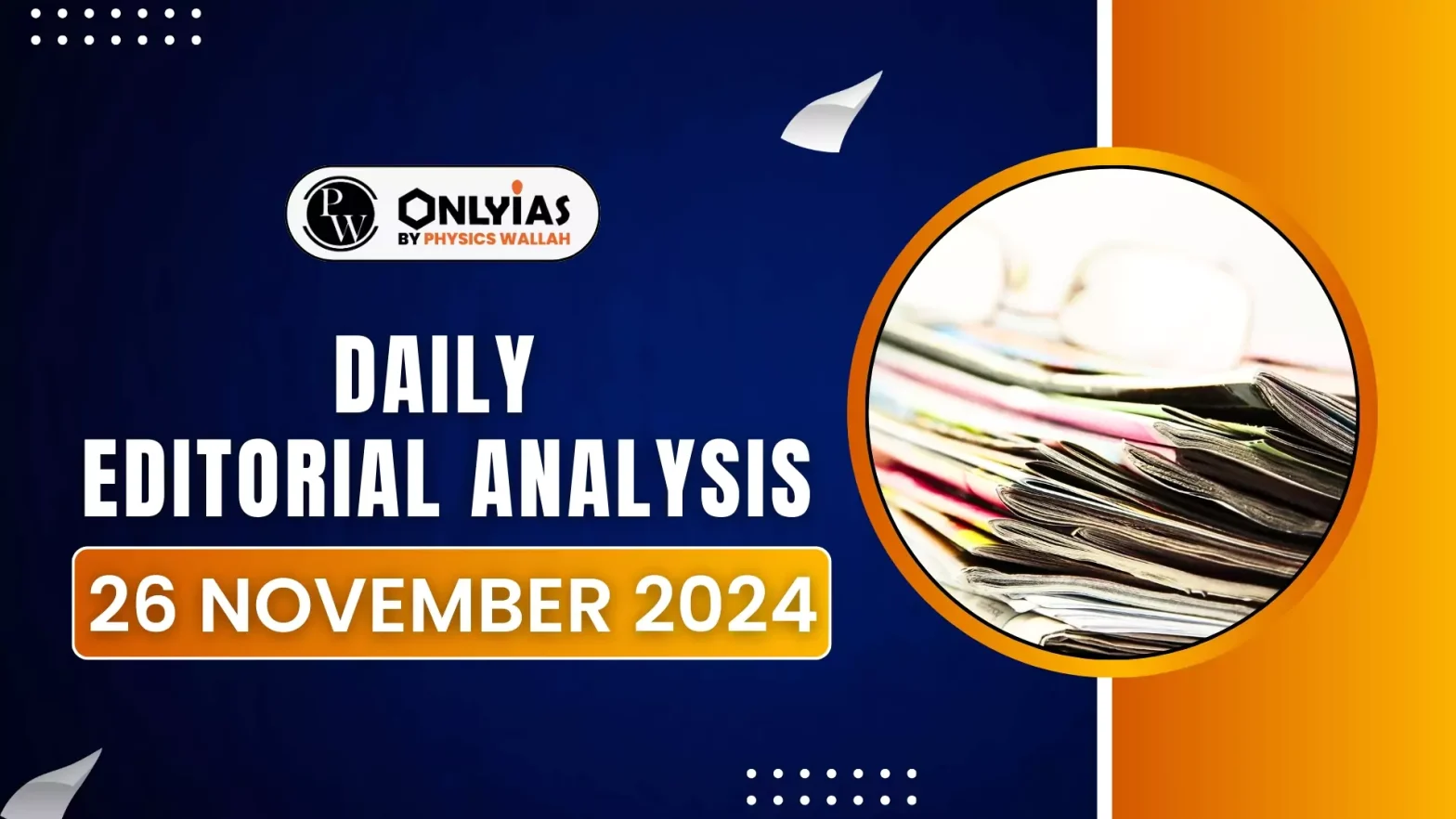From 11 to 22 November 2024, world leaders gathered in Baku, Azerbaijan, for the 29th Conference of Parties (COP29) to the United Nations Framework Convention on Climate Change (UNFCCC).
Discussion on Finance at COP 29
- Finance Goal of $100 Billion: A goal was agreed for the developed countries to give $100 billion per year by 2025 to help developing countries cut carbon emissions and adapt to climate change.
- Original Demand by Developing Countries: The developing countries demanded $1.5 trillion per year by 2035 to tackle climate change.
- In international negotiations, it is common for countries to push for maximalist demands, hoping to achieve the most optimistic outcomes.
- Agreed Amount: The negotiations extended over a prolonged period, ultimately concluding after two additional nights of the conference.
- As a result, the developed countries agreed to the $300 billion annual commitment per year by 2035 which constitutes only 20 percent of the original request.
- Public and Private Funding: Both public and private funding were anticipated. For instance, investments by private firms from developed countries in developing nations would count towards the $300 billion commitment.
-
- Public funds could enable affordable technology transfer to developing nations or finance infrastructure to help vulnerable communities in the Global South adapt to climate change.
- Additional Promise of $1.3 Trillion: In addition, countries (developed and developing) promised to work towards scaling finance from both public and private sources to $1.3 trillion per year by 2035.
Check Out UPSC Modules From PW Store
Current International Order
- Developed Nations Needs to Help Developing Nations: Decades of scientific progress in developed nations have highlighted the severe threats posed by rising carbon emissions, yet these nations continue to backtrack on their commitments.
- Role of US: Many developed countries, particularly the United States, have also failed to dissuade developing countries from pursuing fossil fuel-based development.
- Trump Presidency: Looking ahead, it’s possible that next year’s COP will witness a repeat of previous dramatic moments, such as the U.S. withdrawal from the Paris Agreement, particularly after the Trump presidency commences.
- Intersection of Climate Action and Trade Conflicts: The 2024 negotiations revealed that climate action is becoming more entangled with trade conflicts, making it even harder to achieve meaningful outcomes.
- The increasingly polarized nature of climate diplomacy could undermine global efforts to address the climate crisis.
Conclusion
Political posturing, wordplay, and trade-related disagreements cannot take precedence over genuine, actionable climate solutions. As the planet faces unprecedented climate impacts, it is time for world leaders to prioritize genuine collaboration, sustainable development, and the well-being of future generations over narrow political and economic interests.
![]() 26 Nov 2024
26 Nov 2024
